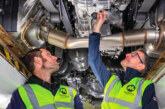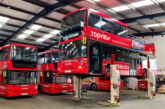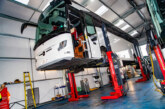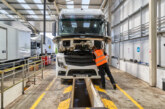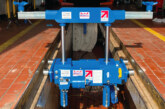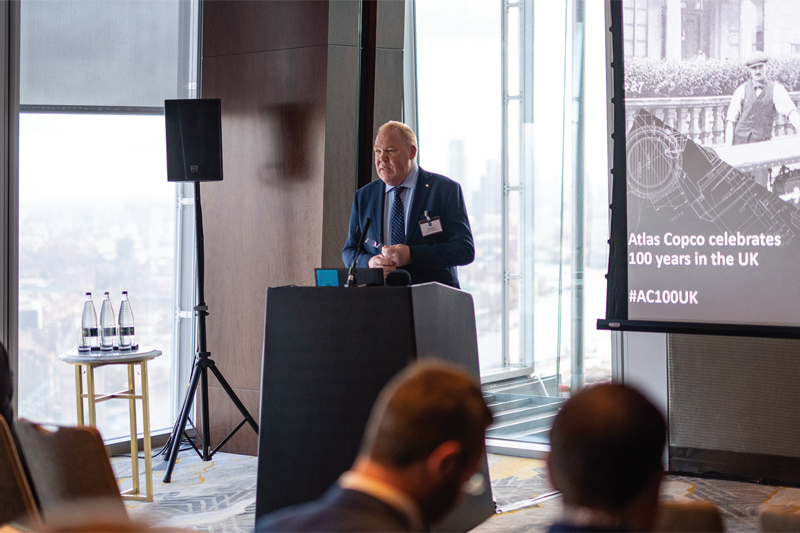
At the beginning of the year, Hemel Hempstead-based Atlas Copco celebrated 100 years in the UK, and, at its celebratory event in London, CVW heard how the company was looking forward to the future.
In its 100 years of existence, there have been a number of notable milestones for Atlas Copco. These have included the launch of the world’s first oil-free, rotary screw, stationary compressor in 1967; the first compressor with integrated variable speed drive in 1994; and the launch of the VSD+ compressor in 2013.
Now, Atlas Copco is looking forward to the next 100 years of operation in the UK, at a time when mega-trends such as digitalisation, electrification, and artificial intelligence are set to transform the face of modern industry. As a result of this, the company has embarked on a significant process of electrification, with battery and hybrid products expected to reduce its carbon emissions by 50% by 2030.
“We are proud of our long history in the UK, and the future looks very bright,” says Alex Bongaerts, UK Holdings Manager at Atlas Copco. “In our opinion, there has never been a better time to be operating in the industrial sector. Digitally enabled technologies are transforming the way we design, build, and operate equipment such as compressors. Indeed, Atlas Copco hopes the next 100 years will be as successful as our first century of operations in the UK.”
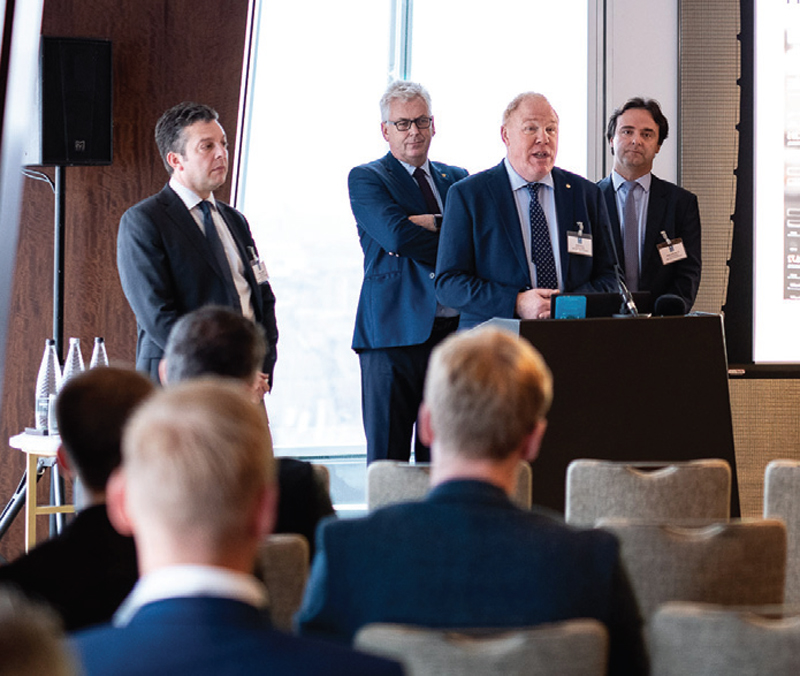
Bongaerts continues, “One of the major areas of emphasis going forward will be the continued drive towards sustainability, particularly in terms of the electrification of equipment such as mobile compressors and generators, lighting towers and pumps.
“Traditionally, much of this type of equipment has been driven by diesel engines, but in urban environments or events such as music festivals, there is a desire for cleaner and quieter performance. That is resulting in the development of a wide range of battery-powered and hybrid products, that deliver reductions in carbon emissions. The future will require all of our products to be designed with a great deal of environmental consideration in mind.”
Atlas Copco describes how technologies such as the Internet of Things – driven by the application of sensors, software, and connectivity – would give industrial organisations much better visibility of their assets, delivering significant advances in areas such as remote monitoring and predictive maintenance.
The use of artificial intelligence, meanwhile, would allow equipment such as compressors to track and make process improvements autonomously as independent cyber-physical systems. This could ultimately lead to a situation where compressed air systems operate independently in their own right, making autonomous adjustments to pressure and flow to facilitate process improvements.


